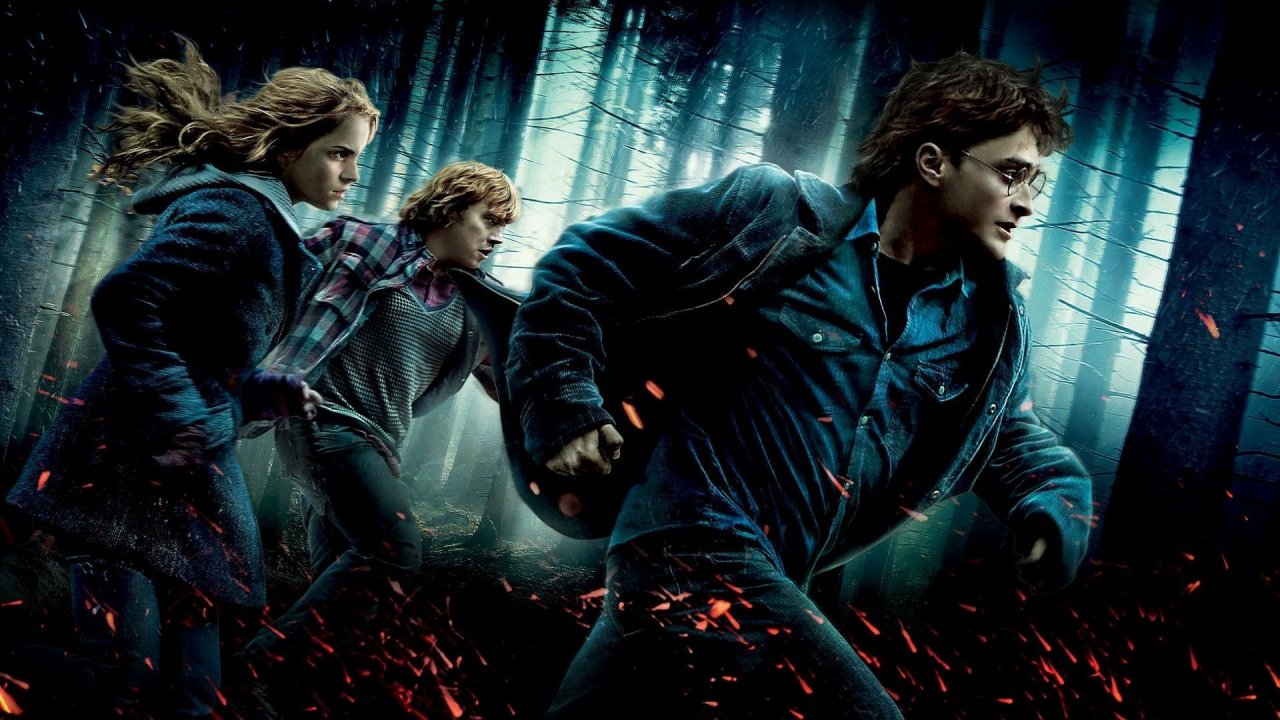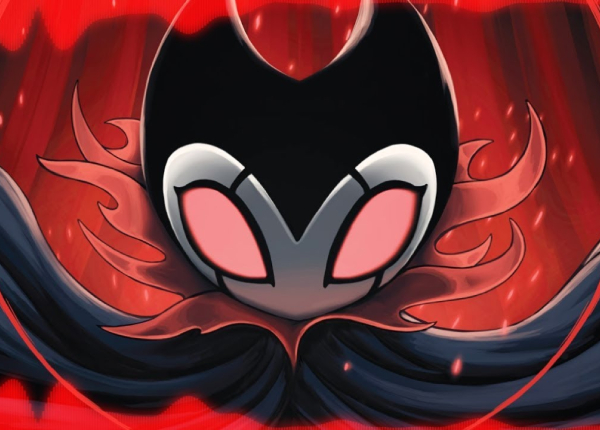Smallfoot review: Zendaya is Meechee meme didn’t do the cartoon any favors

Before last week, I had no desire to see Smallfoot. Whatsoever. That changed after the viral velocity of “Zendaya is Meechee,” the short musical video by actor, internet creator and former Vine star Gabe Gundacker. The meme actually sparked my desire to watch the animated movie about abominable snowpeople. I’d wager that Gabe Gundacker’s 52-second video single-handedly drove more millennial-to-Gen-Z interest for Smallfoot than the movie’s marketing team ever intended.
So I figured, hey, might as well commit. Might as well see “Zendaya is Meechee” through. Might as well pay money to see Smallfoot on opening weekend. Might as well see what none of the fuss is about.
[Ed. note: Spoilers for Smallfoot, in case you’re worried.]
Smallfoot is about Migo the yeti — left out from the song, but he’s voiced by Channing Tatum — on the quest to find a “smallfoot,” aka human creature. Most of his village believes that there’s no such thing as a smallfoot, except for the Smallfoot Evidentiary Society secretly run by Meechee (“Zendaya is Meechee!”), the daughter of the tradition-subscribing village leader, Stonekeeper (“Common is Stonekeeper!”). Joining Meechee and Migo are Gwangi (“LeBron James is Gwangi!”), Kolka (“Gina Rodriguez is Kolka!”) and Fleem (not in the song, but he’s voiced by Ely Henry). They set Migo off on a quest to find a smallfoot, and sure enough, he finds Percy (James Corden) and brings him back to the village. But the traditions of the yeti society don’t exactly allow for newcomers or any questioning of the group’s established creeds.
First things first: Did you know this movie was a musical? I sure as heck didn’t. Trailers for the movie emphasized comedy over original songs, which in hindsight was probably a good decision. None of the tunes remotely lived up to the infectious meme-melody of “Zendaya is Meechee.” Smallfoot’s songs, written by director Karey Kirkpatrick and his brother Wayne Kirkpatrick, ranged from passable and forgettable (Zendaya’s “Wonderful Life” and Common’s “Let It Lie”) to “cover your eyes because I can’t believe this is happening.”
The worst offense is “Percy’s Pressure,” which features James Corden’s human character Percy singing a rendition of Queen’s “Under Pressure,” with tweaked lyrics so that the song is about how he’s willing to lie in order to be a viral internet sensation and pay his bills. Percy, a struggling wildlife documentary maker, is trying to persuade his assistant to fake a yeti encounter in order to save his internet show. When Migo stumbles upon him, Percy gets a lot more than he bargained for.
Percy’s quest to strike viral gold, given the current meme state of the movie, makes Smallfoot unintentionally meta. Much like Percy’s in-movie quest, the movie on its own never quite reaches the viral stage of must-see blockbuster. But it took an outside event — Migo the yeti plucking Percy from the backpacking lodge; Gabe Gundacker’s Vine-worthy video — to skyrocket the visibility. “Zendaya is Meechee” legitimized the cultural relevance of Smallfoot. Smallfoot doesn’t exactly return the favor.
It’s not a bad movie per se, just one that packages an oddly heavy theme for an audience of children. The foundation of the movie is Migo questioning and eventually dismantling the long-established yeti religion.
A main character going against the long-held traditions of their small community to usher in needed change is a trope of animated movies (see Hiccup from the How to Train Your Dragon series and Moana from Moana). But because of the the way the traditions of the yeti civilization are framed, Smallfoot goes beyond “dragons are bad because they eat our sheep!” and “we don’t sail on the ocean because it’s dangerous!” The yeti traditions deliberately leave out crucial information to protect the creatures from the dangers of the outside world. They have these long-standing traditions because they believe some magic stones have decreed it, not because they think the world is dangerous.
Migo’s discovery of a smallfoot is what sparks the questioning of his village’s religion. One of the magic stones proclaimed that there was no such thing as a smallfoot. If that one is wrong, could others also be wrong?
One question sparks a million others, and pretty soon Migo teams up with Meechee (“Zendaya is Meechee!”), Gwangi, Kolka and Fleem in search of a smallfoot. The theme of questioning your civilization’s established religion is heavy, especially when Migo learns that the reason the yeti have isolated themselves is because humans nearly massacred them. When the yeti do descend to a human village in order to return Percy, they get that same reception.
The movie ends with the yeti running away and Percy helping them flee at the expense of his own internet fame (and his own arrest?!). Migo and Stonekeeper reveal to the yeti the lies of their religion, hoping that the newfound clarity between the theocratic government and the masses will usher in a new age of prosperity. That would’ve been all fine and dandy, except …
Even after the humans almost kill them, even after Percy makes the sacrifice of his previously clean criminal record and reputation as a decent wildlife documentary filmmaker by deleting all his phone evidence of the yeti, the yeti decide to visit the small mountain town and possibly befriend the humans that have been known to shoot first and ask questions later.
What happens after this initial wave of warm fuzzies? Will the humans turn on them? Surely this small mountain village doesn’t speak for all of the greater world. Even if Percy himself doesn’t exploit the yeti for his own gain, won’t some other filmmaker descend upon them? And back to Percy — does the reveal of the yeti mean his credibility as a documentarian is restored? Can he actually pay his bills?
Smallfoot was funny enough. I laughed a few times. But each time a funny moment happened, each time one of the mostly forgettable songs played, each time one of the characters named in the viral video appeared on the screen, the only thing that my mind wandered back to was “Zendaya is Meechee.” The movie — forever tied to the viral video that preceded it — never quite reached the same wonder and awe of a man belting an anthem at L.A. posters for the movie. Much like Percy’s struggles to maintain relevance and strike viral gold in the fickle world of the internet, Smallfoot will always be outshone by its own spawn.
[ad_2]
Source link





